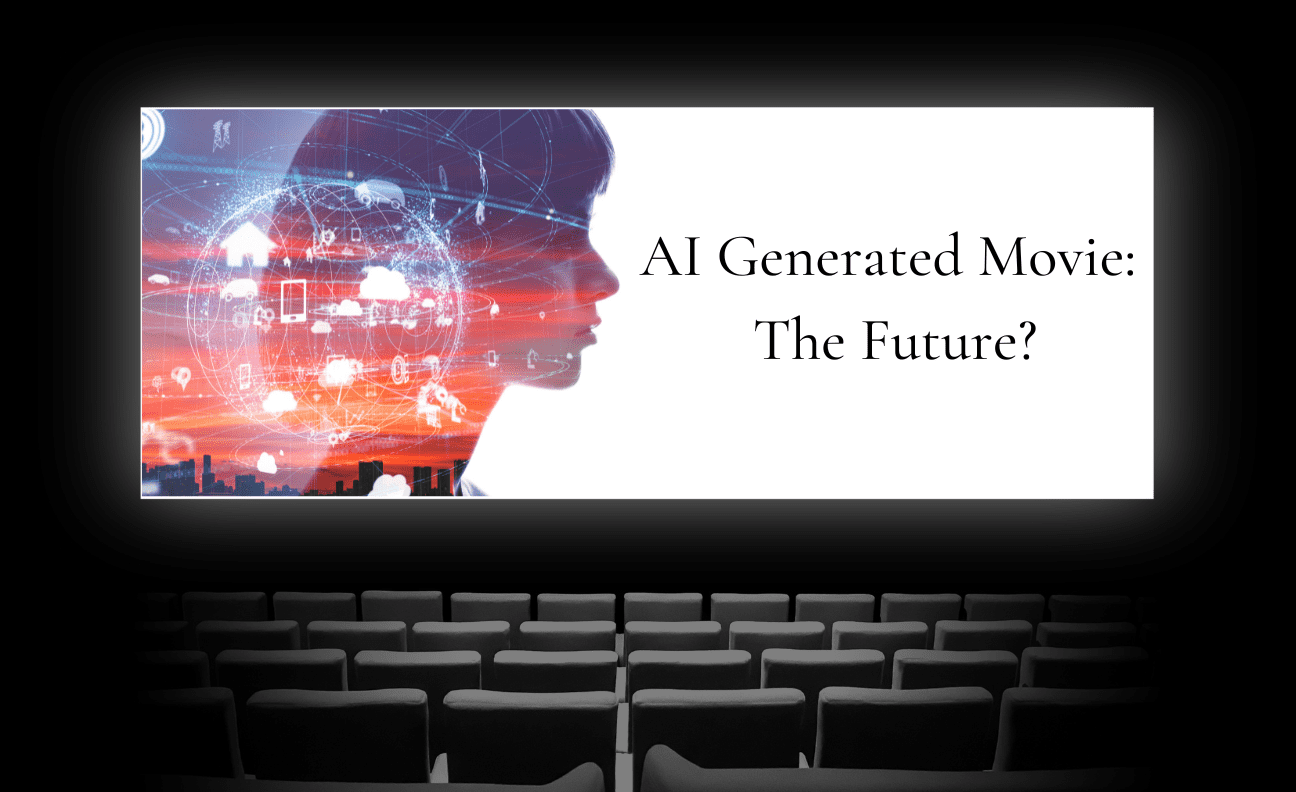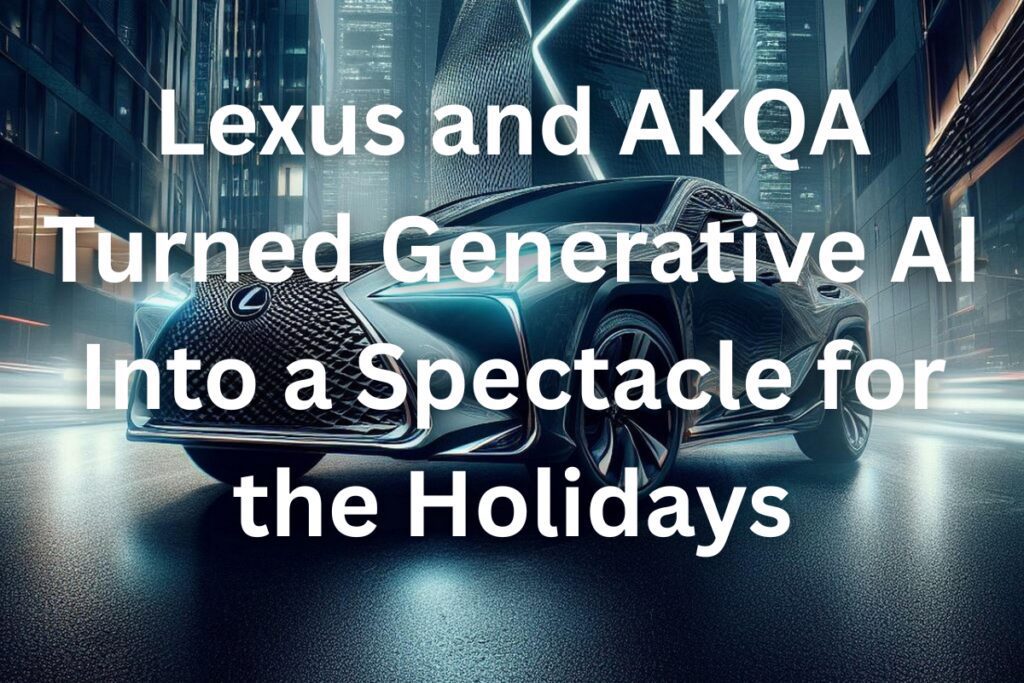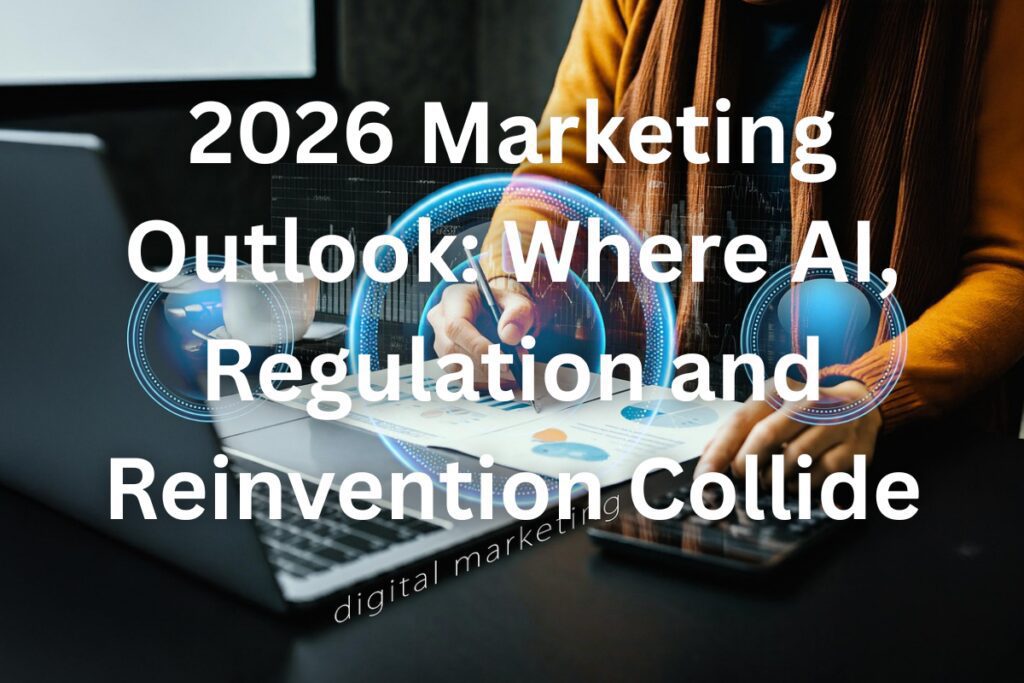The world of artificial intelligence (AI) is expanding and revolutionising different industries at an unprecedented pace. Recently, Joe Russo, one of the renowned Russo Brothers, speculated on the future of AI-generated film, urging the world to anticipate a new era of personalised cinema.
Indeed, it’s already hard to keep up with the torrent of news stories and new technologies surrounding AI, however, the prospect of an entirely new form of customised film experience has sparked intense reactions from different quarters.
How is AI-generated film expected to work? What benefits or drawbacks does it offer? This blog post will explore the different dimensions of AI-generated cinema and the impact it’s expected to have on the film industry as a whole.
How would AI-generated cinema work?
Throughout the history of cinema, film has always been a largely passive medium. People would sit in front of a screen and watch creative choices made by someone else, however, AI-generated cinema upends this tradition.
Suddenly, the focus is on the viewer’s preferences and predilections. Instead of a film giving a window into someone else’s thinking, it will be tailored from the viewer’s point of view, including starring themselves in the film.
By creating individualised and personalised content, AI-generated films will change the way people consume and create entertainment, not only for themselves but for others as well.
What are the downsides of AI-generated cinema?
As appealing as it may seem, there are also downsides to AI-generated cinema, with one of the biggest drawbacks being the absence of surprise. Generative AI works with a database of films, characters, plot lines, and tropes that the viewer has previously watched and enjoyed.
As a result, AI-generated movies may lose the ability to create moments that jolt or discomfit viewers; and it’s those creative choices that the viewer didn’t know they wanted, or are actively repelled by, that often make a film so satisfying.
Those needed surprises and plot twists are something that no artificial intelligence can predict, which might limit the complexity of storytelling options and diminish the opportunity to push boundaries in creating innovative narratives and ways of storytelling.
What are some potential benefits?
However, AI-generated cinema has several massive potential benefits for the movie industry, especially in terms of reducing the cost of producing blockbuster movies. With AI, filmmakers can optimise their budget, streamline processes, and create a more efficient production process.
Through AI and machine learning, film production can be fully automated, from scriptwriting to distribution. Using this technology would result in faster creation of content, making it possible to produce a larger volume of movies in a shorter period – only with a portion of the cost.
Furthermore, the ability to personalise films with AI technology makes it easier for people who are into niche genres; for instance, it’s possible to generate waves of high-quality content in intelligent drama films, sci-fi movies, and thrillers, among other genres. It would also cater to the audience in creating user-engaging content, promoting active engagement in consumers and boosting their emotional connection to the film.
Could AI-generated cinema bring an end to traditional cinema?
It is too early to make a definitive statement about the ultimate effects of AI-generated cinema, but many experts agree that it won’t replace traditional filmmaking. Though there will be some competition due to the reduced costs involved in making these personalised films, it is more likely that AI-generated cinema will complement traditional film production and distribution methods.
AI-generated cinema will enable filmmakers to continue pushing the boundaries of storytelling, while allowing viewers to customise stories and engage with them in a more interactive way. In this sense, AI-generated cinema could be a powerful tool for the film industry, as it provides more opportunities for creativity and engagement than ever before.
In conclusion
AI-generated cinema is an exciting development in the film industry that can bring many advantages. It will help studios save money on production costs, while giving viewers personalised content tailored to their interests and tastes.
However, there will still be a place for traditional filmmaking as AI-generated films won’t be able to replicate the surprise moments and artistic choices that make films unique.
It is safe to say that only time will tell how AI-generated cinema will shape the future of cinema and film making, but it’s certain that whether it be positive or negative, it will have a definitive impact.









